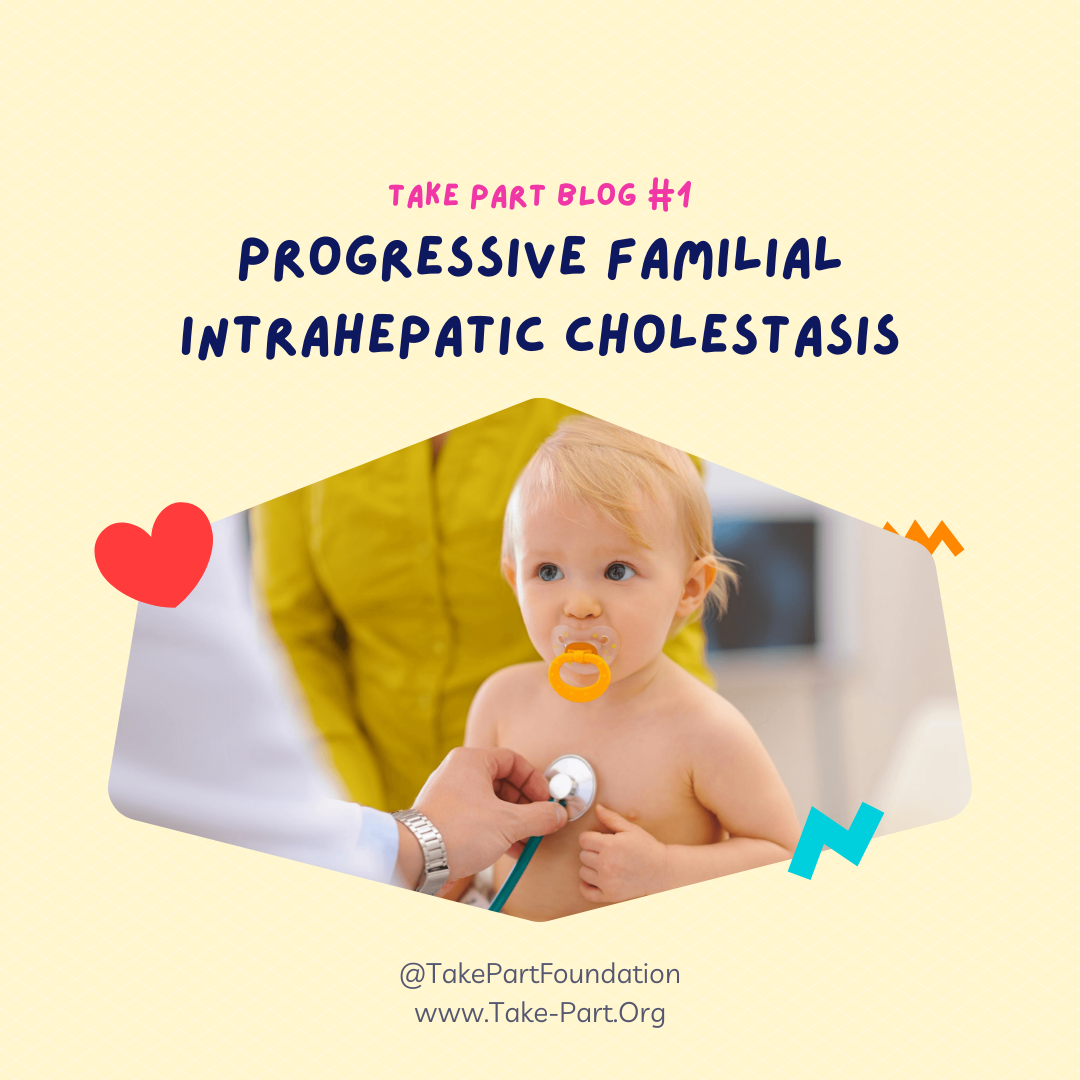PFIC refers to the disorder which disrupts bile production in your child and leads to advanced liver disease, which usually causes liver failure. In PFIC children, their liver cells cannot secrete enough bile and the bile is accumulated in the liver cells causing the disease. PFIC refers to the autosomal recessive disorder of the liver in childhood. Depending upon the type of mutation, there are three types of PFIC: PFIC1, PFIC2 and PFIC3, every type has a different genetic cause. The types of PFIC with their symptoms are given below.
PFIC1
It is also called Byler’s disease and is caused by mutation in ATP8B1 gene and causes functional defect in ATP-dependent amino phospholipid transport. The signs and symptoms in your child with PFIC1 might include: Inflammation in pancreas, Diarrhea, Deafness, Short stature, and Fat soluble vitamins at low levels.
PFIC2
It is caused by a mutation in the ABCB11 gene which causes deficiency of BSEP (bile salt export pump) and causes functional defect in ATP-dependent bile acid transport in bile. Signs and symptoms in your child with PFIC2 might include: Jaundice, Severe itching, Failure to thrive, Portal hypertension and Hepatosplenomegaly/liver failure during first few years
PFIC3
It is caused by a mutation in the ABCB4 gene encoding MDR3 (multidrug resistance protein 3) protein which is responsible for phosphatidylcholine translocation hence causing defective translocation of phosphatidylcholine in your child. Signs and symptoms in your child are like that in PFIC2 disease.
Diagnosis
Overall, PFIC in your child could be diagnosed by a liver function test to check for the state of the liver, genetic test to find mutations, CT scan, MRI, or ultrasound to check the liver cells, or tests for the bile salt concentrations.
Treatment and management
Medical therapy could be given to your child with PFIC disease, but surgery is often necessary for survival. Partial External Biliary Diversion would be used if your child has not developed cirrhosis. If your child has developed liver cirrhosis, then liver transplant becomes necessary. Vitamin supplements and medicines to treat itching are used as symptomatic treatment.
Prognosis
There is no cure for PFIC currently and the only option for long term survival is liver transplant.
What is the inheritance pattern for PFIC?
This is an autosomal recessive disorder in which both the copies of the specific gene have mutations and both the parents of children with this disease carry one copy of the mutated gene without showing signs and symptoms.

